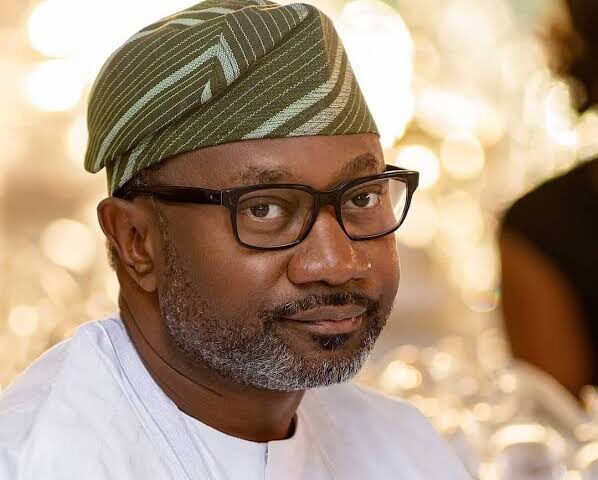Nigerian billionaire Aliko Dangote has expressed strong support for ending the country’s long-standing petrol subsidy.
During an interview with Bloomberg TV in New York, Dangote said, “The time is right to get rid of subsidies,” emphasising that the move could significantly benefit Nigeria’s economy, especially with gasoline now being produced at his refinery near Lagos.
Join our WhatsApp Channel“Subsidy is a very sensitive issue,” he explained. “When you subsidise, people inflate prices, and the government ends up paying more than it should. Removing the subsidy is necessary.” Dangote’s Refinery, which started supplying fuel to Nigeria’s state-owned oil company in mid-September, is seen as a game-changer for the country.
Nigeria, Africa’s largest oil producer, has historically depended on imported petroleum products, making it vulnerable to global market prices.
This reliance has weighed heavily on the country’s foreign exchange reserves, particularly as the naira continues to lose value against the dollar.
Dangote pointed out that petroleum products consume about 40% of Nigeria’s foreign exchange, and reducing this burden could help stabilize the naira.
READ ALSO: NNPCL Releases New Pump Prices Of Petrol, Sells ₦950 In Lagos, ₦1,019 In Borno
He believes that with local gasoline production, there will be less demand for dollars to import fuel, which would positively impact the nation’s currency. “Fuel from my refinery can actually stabilise the naira,” he said. His comments come amid ongoing debates over the petrol subsidy, which cost the Nigerian government $10 billion in 2022.
President Bola Tinubu removed the subsidy in May 2023, sparking protests due to rising inflation and a worsening cost-of-living crisis. However, the subsidy was quickly reinstated, and the government has since taken small steps towards fully ending it, including lifting price caps on gasoline. Despite these efforts, the fuel price is still below market value, a factor Dangote sees as unsustainable.
Cheta Nwanze, a partner at Lagos-based research firm SBM Intelligence, echoed Dangote’s views. “Nigeria’s largest import in 2023 was mineral fuels. If Dangote can cut that in half, it would be a significant achievement,” he said.
The ongoing issue of petrol subsidy continues to impact Nigeria’s economy, and Dangote’s stance highlights the potential for local fuel production to ease the pressure on the naira and the broader economy. While the government’s decision on the subsidy remains uncertain, the debate will likely intensify as the economic impacts of local fuel production become clearer.
Emmanuel Ochayi is a journalist. He is a graduate of the University of Lagos, School of first choice and the nations pride. Emmanuel is keen on exploring writing angles in different areas, including Business, climate change, politics, Education, and others.
- Emmanuel Ochayihttps://www.primebusiness.africa/author/ochayi/
- Emmanuel Ochayihttps://www.primebusiness.africa/author/ochayi/
- Emmanuel Ochayihttps://www.primebusiness.africa/author/ochayi/
- Emmanuel Ochayihttps://www.primebusiness.africa/author/ochayi/




















Follow Us